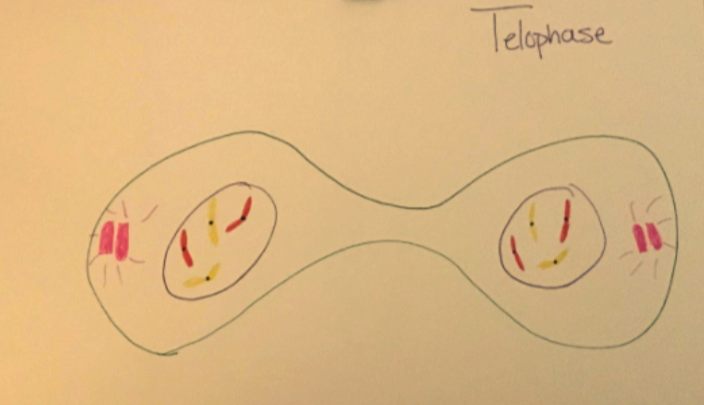Hyla Stories
From mitosis to Mars: exploring ethical questions in Science

Interplanetary travel? Chromosomes in cancer cells? This winter at Hyla, science teacher Alex has been leading 6th grade and 8th grade students through units that examine the small and large, microscopic and Mars, and many sizes of questions in between. Hyla students research facts and implement concepts with hands-on projects, and they also explore questions of philosophy and ethics with broader scope and impact. Hyla prepares students to become scientists and global citizens who can think critically about current events and innovate with agility across disciplines. Through a STEAM approach in both Science and HyLab classes, our curriculum encourages curiosity and creativity while developing the essential skills of systems thinking and application.
Hyla 6th graders are traveling to Mars! This year in Science class, students have been thinking like ecologists and learning how to understand interactions in ecosystems. During distance learning, students accessed a variety of resources to explore core questions about life on Mars, the same issues that planetary scientists and entrepreneurs are also pursuing. Then, with supplies at home, students design Mars colonies based on their research. In this project-based application, students incorporate their understanding of ecosystems into their engineering plans, along with their knowledge of planetary science and human health. While considering what will help humans be happy on another planet far from home, 6th graders can choose to make their model from a variety of options including digital drawing or Minecraft. Some opt to construct 3-D models with materials found at home. After this interdisciplinary design work, students will next examine the ethical and potential environmental impacts of colonizing Mars. Should humans colonize Mars simply because we can make the technology? Would colonizing Mars affect our willingness to address climate-change on Earth? What will be the next steps and choices as humans look towards planets and resources in space? Many questions remain on space colonization in the future, and our sixth graders will be prepared to address the complexity.
Studying cellular biology, Hyla 8th graders will explore both the microscopic and the big picture — from cellular processes, cancer treatments, and vaccine production as well as larger questions of ethics and scientific methods through time. Students learned about the immortal cells of Henrietta Lacks. Cells taken from Lacks, a cancer patient who died in 1951, continue to live in laboratories and to be used in key discoveries for medical research, most recently in the development of COVID-19 vaccines. These crucial “HeLa” cells were originally taken from Lacks’s tumor, so students have been learning more about the mechanisms of cancer and cancer treatments. During distance learning, they worked on mitosis (the process of cell division) and are making models of different phases using items at home to represent chromosomes and other parts of the cell, understanding that errors in this delicate process of mitosis can result in cancer. Scientific gains cannot erase the multiple ethical issues in the story of Henrietta Lacks. She did not know that cells were taken from her body without her consent, and her family did not find out for 25 years after her death. So Hyla students are also exploring the ethical questions that accompany scientific work. How have scientific methods changed over time? How should we judge decisions made in the past? Hyla science students with Alex’s teaching will be able to explore not only the facts and processes but also the bigger impact and possible broader consequences of the decisions scientists make.
